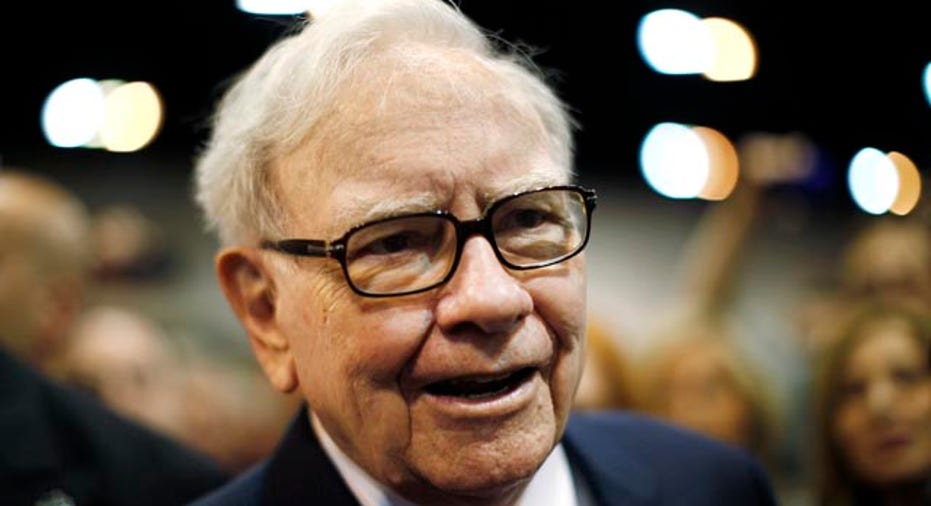Is Buffett Breaking His Own Tax Stance in Burger King-Tim Hortons Deal?

Is it time to tell Warren Buffett to stuff it? Because the man who famously has argued the rich should pay their fair share in taxes, is a key investor in a deal that would help a company cut its tax bill.
Buffett’s Berkshire Hathaway is helping finance Burger King Worldwide’s (NYSE:BKW) merger with Canadian coffee-and-doughnut chain Tim Hortons. If that sounds a little odd to you, it should. Buffett has long argued many corporations and many rich individuals, period, aren’t paying what they should to Uncle Sam. Yet the Oracle of Omaha is an instrumental player in a deal that would allow Burger King to take advantage of a popular corporate tax loophole called a “tax inversion.” That’s when a company buys out a foreign player, then relocates its headquarters there.
President Obama has already spoken out against U.S. firms that try this perfectly legal tactic. Many argue he all but shamed Walgreens (NYSE:WAG) from taking advantage of tax inversions. Both the White House and Congress fear that if a lot of U.S. companies took advantage of this maneuver, the U.S. government could be out billions of dollars in tax revenue.
So far, White House spokesman Josh Earnest hasn’t commented on the Burger King announcement, but Senate Majority Leader Harry Reid has already made clear he’s looking at legislation banning inversions altogether.
What’s lost in this whole inversion argument is why companies are even considering it. Bottom line, it’s their bottom line. The financial incentive to migrate is just too strong. Even allowing for the fact that most corporations don’t pay the official top tax rate of close to 40%, they still pay considerably higher rates than their counterparts abroad. Some estimate Burger King setting up shop in Canada could save the fast food powerhouse north of $3 billion in taxes over the next decade.
The numbers are hard to crunch, but for any company seeking an edge, the financial benefits are hard to deny. Clearly, Buffett is good at crunching numbers. He is arguably the most successful investor who has ever lived. His astute partnership with Burger King’s controlling shareholder, 3G Capital Management shows an uncanny knack for appreciating value in supposedly stodgy mainstream brands. Remember that it was Berkshire that joined 3G in a $23 billion takeover of H.J. Heinz & Co., last year.
While both 3G and Buffett win kudos for their financial acumen, they also win their fair share of critics for how they wring out those financial gains. Their famous knack for improving margins at acquired companies comes largely through top-to-bottom cost cutting. There’s nothing wrong with garnering such savings, of course, but let’s just say when Buffett does it, he’s brilliant. When Mitt Romney was doing the same thing at Bain Capital: Not so brilliant. Actually, more like evil.
Leaving aside the media double standard on how the very rich get richer, step back and examine what Buffett is plunking down $3 billion in preferred equity for here – essentially an elaborate tax dodge that could allow a celebrated fast food giant to fast turn its operations around.
Again, there is nothing wrong with what Burger King is doing, or remotely illegal – for now – with how it is doing it. Nor is there anything wrong with a celebrated investor seizing on the appetizing tax savings of a Tim Hortons merger … and profiting from it.
But in Buffett’s case, it sets him up essentially against himself – and his oft-repeated claim those who have more should pay more in taxes. That doesn’t make this rags-to-riches investor any less a sage; maybe when it comes to needlessly paying more in taxes to a government that seems pretty good at squandering it, he’d prefer not being a stooge.



















